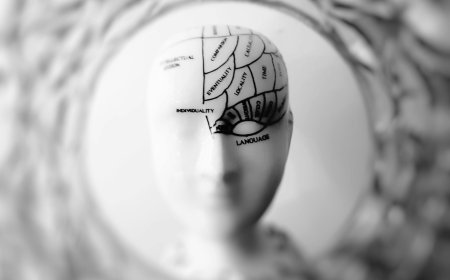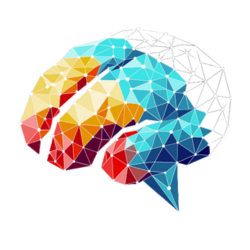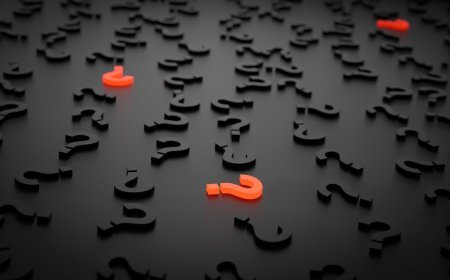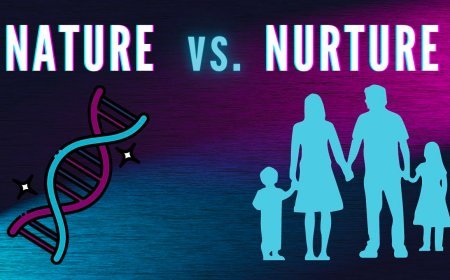The Enigma of Memory
Memory, that intricate and often elusive faculty, is fundamental to our identity, learning, and ability to navigate the world. It allows us to recall past experiences, recognize faces, learn new skills, and even anticipate future events based on prior knowledge.
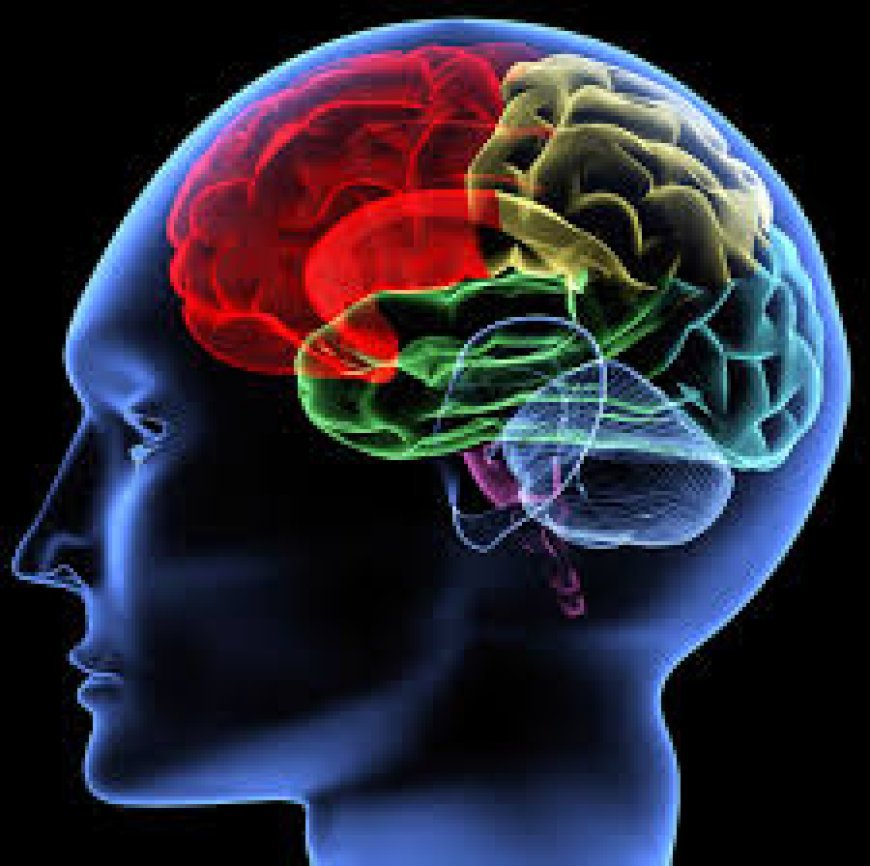
Memory, that intricate and often elusive faculty, is fundamental to our identity, learning, and ability to navigate the world. It allows us to recall past experiences, recognize faces, learn new skills, and even anticipate future events based on prior knowledge. Yet, despite its omnipresence, the mechanisms by which our brains encode, store, and retrieve information remain one of psychology's most fascinating and complex areas of study.
Psychologists often categorize memory into several types, each with its own characteristics and neural substrates. Sensory memory briefly holds incoming sensory information (like the fleeting image of a flash or the echo of a sound). Short-term memory (also known as working memory) allows us to hold a limited amount of information in our minds for a short period, essential for tasks like remembering a phone number just long enough to dial it. But the true marvel lies in long-term memory, which has a seemingly limitless capacity and duration.
Long-term memory is further divided into two main categories: explicit (declarative) memory and implicit (non-declarative) memory. Explicit memory involves conscious recall of facts and events and is subdivided into episodic memory (personal experiences, like your last birthday) and semantic memory (general knowledge, like the capital of France). Implicit memory, on the other hand, operates unconsciously and includes procedural memory (skills and habits, like riding a bike), as well as priming and classical conditioning.
The process of memory formation is far from a simple recording. It involves complex neural pathways and the strengthening of synaptic connections – a phenomenon known as long-term potentiation. Retrieval is equally intricate, often involving a reconstructive process rather than a perfect playback. This is why memories can be fallible, influenced by emotions, subsequent information, and even our current beliefs. Eyewitness testimonies, for example, are notoriously susceptible to suggestibility and distortion.
Understanding memory not only sheds light on the human mind but also has practical applications. Research into memory disorders like Alzheimer's disease aims to find ways to preserve cognitive function. Techniques to improve memory, such as mnemonic devices and spaced repetition, are valuable for students and professionals alike. The enigma of memory continues to drive psychological research, promising deeper insights into the very essence of what makes us human.
What's Your Reaction?
 Like
0
Like
0
 Dislike
0
Dislike
0
 Love
0
Love
0
 Funny
0
Funny
0
 Angry
0
Angry
0
 Sad
0
Sad
0
 Wow
0
Wow
0




